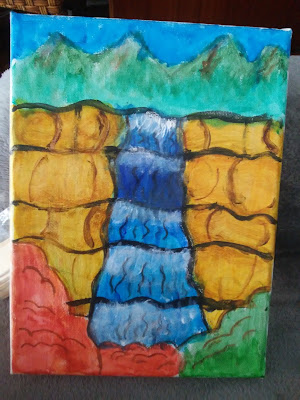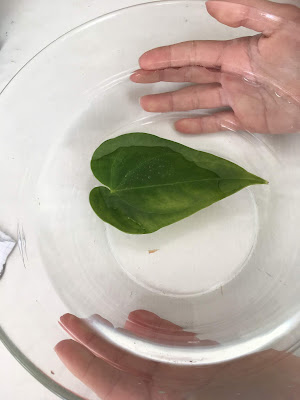Here you have five different places. Read the words that describe the different places or settings. Lookup for the meaning of new words in the dictionary.Cambridge Dictionary
Homework/ Writing task:
- Wite a story about one of the different places.
- Use the Present Simple or Past Tense.
- Write 20-30 words.
- Send your story to my email.
María
Lola










































































